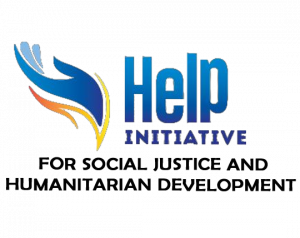Adedayo Ige
In the words of Nelson Mandela, “Education is the most powerful weapon which you can use to change the world”, and thus, this tool called ‘education’ has shaped great African minds and, many other African leaders have engraved their footprints in the sand of time.
Interestingly, this same vital tool called ‘education’ is well emphasized in the 4th Sustainable Developmental Goal, which is to ensure inclusive and equitable quality education and promote lifelong learning opportunities for all. As expected, some countries like Singapore and Finland have hit the ground running in their educational sector. However, it is quite unfortunate that many other countries across the globe still have a long way to go. Comparatively, Nigeria is one of those. Despite the 2014 edition of the National Policy on Education recommends a compulsory and free formal basic education in Nigeria, the quality of such basic education in Nigeria is still at stake. The goal of quality education is inclusive of indicators such inclusive and equitable education for children with disabilities as well as access to education by girls.
As similarly recognised in Ekwere Onyedikachi’s “It Takes a Village: Leading Social Change in Africa”, a fundamental problem with many countries that have continued to lag on this goal is simply a failure of visionary leadership.
In Nigeria, like many countries across Africa, young people work extremely hard to mitigate the biting inequities and maladjustment in the education system as well as other sectors through various interventions, some of which are education projects and non-profit initiatives that address the need of “left behind” people, including children in their communities. This simply connotes that it has become urgent and important to build the educational system of our dream along the line inclusion and quality as set out in SDG 4.
It is important to know that certain philosophies shape the cultures across African countries, and those foundational philosophies include the South African ‘Ubuntu’ (collectivism) and ‘Ujamaa’ (familyhood) from Tanzania. This underscored the need for all hands to be on deck in collectively raising the bar of education across the continent, including in Nigeria.
Adedayo Ige is a child Educator and Programme officer for Education at Help Initiative for Social Justice and Humanitarian Development


Good job! 👏